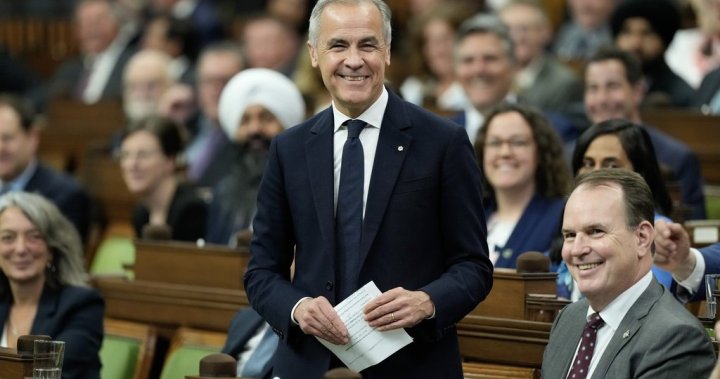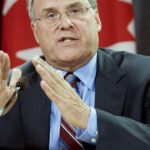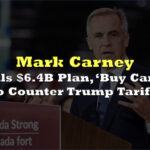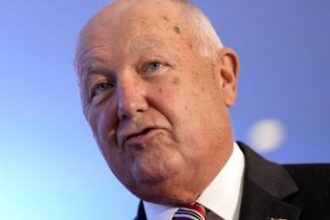In an unprecedented break with parliamentary tradition, former Bank of England governor Mark Carney has declined to appear before the House of Commons following his appointment as a special advisor to Prime Minister Justin Trudeau. The decision marks a significant departure from Canada’s long-established practice of ministerial accountability through Question Period, raising concerns about democratic oversight in Ottawa.
Carney, who now serves as chair of Trudeau’s economic council of advisors, will wield substantial influence over Canada’s economic direction without facing the scrutiny traditionally required of those in similar positions of power. This arrangement has sparked criticism from opposition parties, who view it as an attempt to shield a key government figure from parliamentary accountability.
“The foundation of our Westminster system is that those who exercise power must be accountable to Parliament,” Conservative MP Michael Barrett told reporters yesterday. “By avoiding Question Period while maintaining privileged access to cabinet discussions, Mr. Carney is operating in a dangerous accountability vacuum.”
The controversy intensified after documents obtained through Access to Information requests revealed that Carney has attended multiple cabinet meetings and enjoys direct communication channels with senior ministers despite his technically “unpaid” status. Government records indicate his recommendations have directly influenced recent federal economic policies, including the controversial changes to capital gains taxation in the spring budget.
Political scientists have raised alarms about this arrangement. “We’re witnessing the creation of a shadow cabinet position without the corresponding accountability mechanisms,” explains Dr. Emmett Patterson, professor of parliamentary studies at McGill University. “It sets a troubling precedent for future governments who might want to shield influential advisors from parliamentary oversight.”
The Prime Minister’s Office has defended the arrangement, stating that Carney’s role is purely advisory and does not constitute a ministerial position requiring Question Period appearances. “Mr. Carney provides valuable expertise to strengthen Canada’s economic outlook, but policy decisions remain with elected officials who remain fully accountable to Parliament,” PMO spokesperson Sarah Winters said in a written statement.
However, internal government communications obtained by CO24 News reveal that Carney’s recommendations on housing policy and climate finance have been implemented with minimal modifications, suggesting his influence extends well beyond typical advisory roles.
This situation reflects a growing trend in Canadian politics where specialized advisors wield significant influence while avoiding traditional accountability structures. The practice has raised concerns about democratic transparency regardless of political affiliation.
NDP leader Jagmeet Singh joined the criticism, noting that “whether it’s a Conservative or Liberal government, Canadians deserve to know who’s making decisions that affect their lives. If Mr. Carney is shaping economic policy, he should answer questions from elected representatives.”
Constitutional experts note that while the arrangement may not violate any specific laws, it undermines the spirit of parliamentary accountability that has governed Canadian democracy for generations. The Westminster system fundamentally relies on the principle that those exercising power must be answerable to Parliament.
As the government prepares its fall economic update, Carney’s fingerprints are expected to be evident throughout the document. Yet Canadians will have no formal mechanism to question him directly about his recommendations or their potential impacts on everyday citizens.
With Carney widely rumored to be positioning himself for a future leadership bid, this arrangement raises a critical question for Canadian voters: In our parliamentary democracy, should anyone wielding significant influence over public policy be permitted to operate beyond the reach of parliamentary accountability?
























